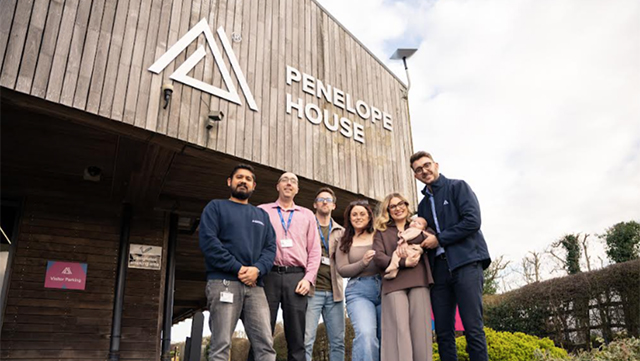Law Society guidance implies that only specialist advice on contaminated land will protect solicitors and surveyors from legal risk, says Philip Wilbourn
The Law Society has published its Contaminated land: the warning card to all solicitors. Its impact is likely to be substantial, not only for solicitors, but for all surveyors involved in property transactions.
The card says: “The advice contained on this card is not intended to be a professional requirement for solicitors. Solicitors should be aware of the requirements of Part IIA of the Environmental Protection Act 1990 that they themselves cannot provide the clients with conclusive answers. They must exercise their professional judgment to determine the applicability of this advice to each matter in which they are involved and, where necessary, they should suggest to the client to obtain specialist advice. In the view of the Law Society, the advice contained in this card conforms to current best practice.”
More specifically, the Law Society states that solicitors must “in every transaction” consider whether contamination is an issue. Therefore, in purchases, mortgages and leases, solicitors should:
· Advise their client of potential liabilities associated with contaminated land
· Make specific enquiries of the seller
· Make enquiries of statutory and regulatory bodies
· Undertake independent site history investigation, for example, obtain a site report from a commercial company
· Advise a full site investigation
· Consider the use of contractual protections and the use of exclusion tests
· Advise withdrawal and noting advice
· Advise insurance, which is increasingly obtainable for the cost of remediation of undetected contamination and any shortfall in value because of undisclosed problems.
Solicitors are therefore required to advise on the possibility and consequences of acquiring interest in contaminated land and take steps to assess the risks.
However, not all solicitors have detailed knowledge either of the law in this area or of risk management techniques.
The Law Society’s warning card places a great burden on the conveyancing industry. Although larger practices may have environmental law units, most conveyancing work is undertaken by medium- to small-sized businesses that may not be equipped to handle this. Such companies, however, need to know that they can go to the right property professional for expert advice.
A solicitor is not an environmental consultant and could be tempted to simply advise their client to speak to a surveyor. This is not satisfactory. The impact on professional practice for the surveyor is profound and potentially very serious.
Alternative services
The legal profession must defer to expert environmental surveyors who can advise more fully on such matters. But such advice is expensive to obtain in the case of every transaction and, therefore, solicitors should be aware of the alternative services.
Solicitors must resist the temptation to refer to surveyors who do not have the experience or insurance to advise on such matters.
The majority of surveyors have a pollution exclusion clause in their insurance policies, preventing them from advising on such matters. Even where this is being relaxed, insurance may only underwrite the practice where an error is made during the course of the normal surveying duties.
Therefore it is essential that a solicitor or surveyor approach the right environmental surveyor who is insured and has the capability to undertake such work.






